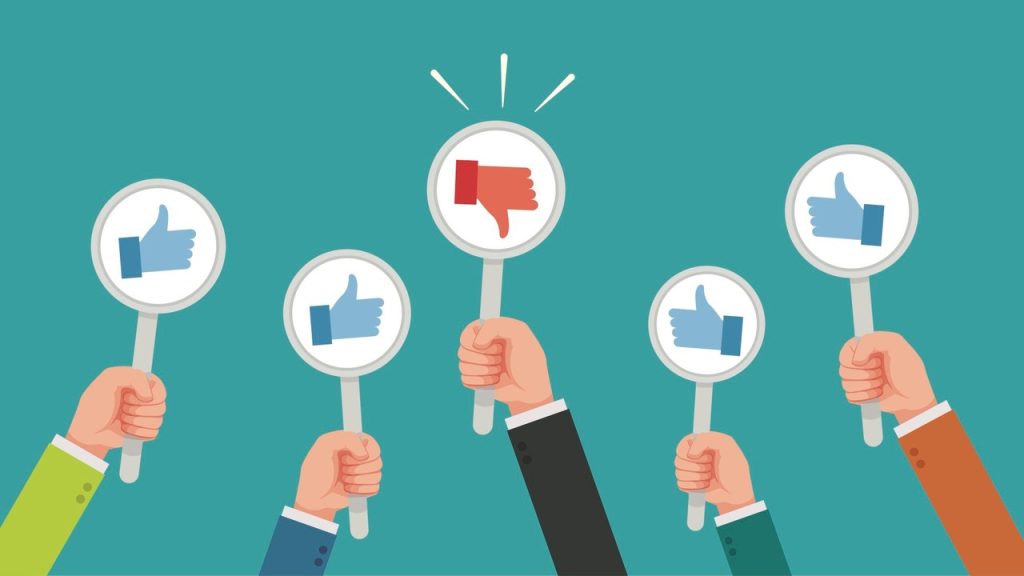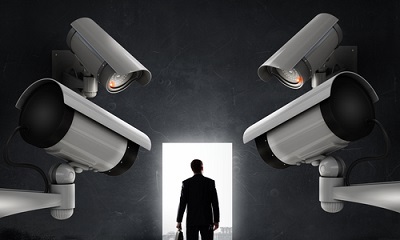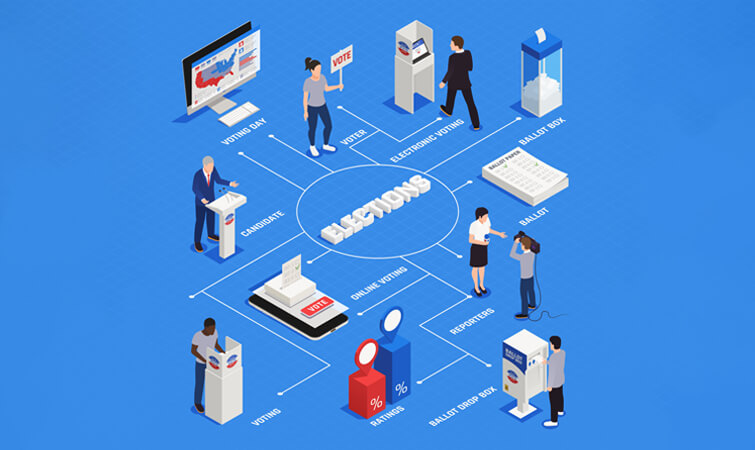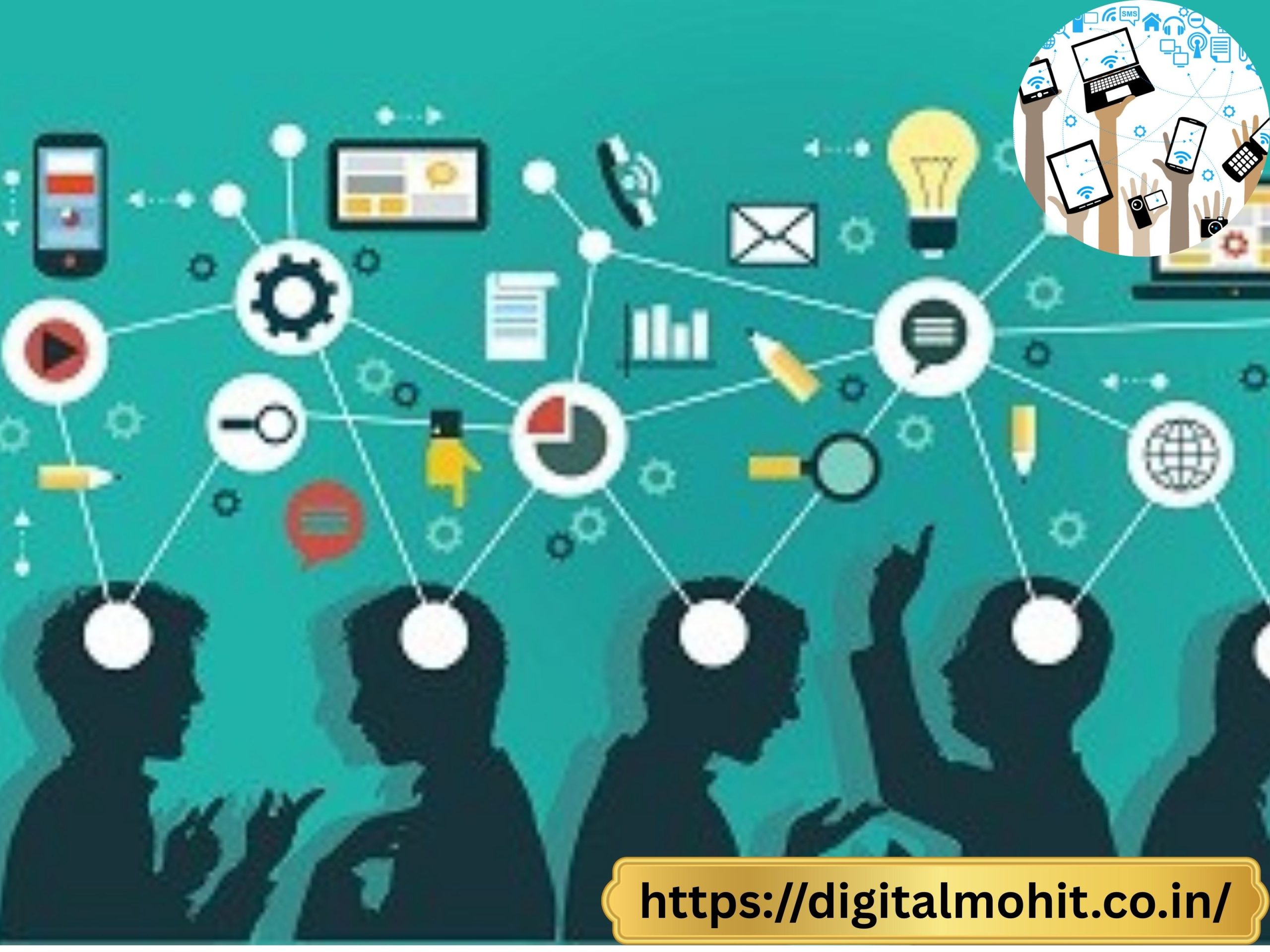Category: Social & Politics
Date: May 10, 2025
Author: [Gunjan]
Introduction
In the last decade, the boundary between technology and politics has become increasingly porous. Social media platforms, artificial intelligence, and big data are no longer just tools for communication and convenience — they are now battlegrounds for influence, misinformation, and democracy itself.
Digital Campaigns: A New Normal

Gone are the days when door-to-door canvassing and televised debates were the core of election strategies. Today, political campaigns are shaped by data analytics, micro-targeted ads, and engagement metrics. Politicians know what voters care about — sometimes even before voters do — thanks to algorithms that track behavior and sentiment.
But this evolution comes with a price. Voters are often placed into digital echo chambers, reinforcing existing biases and polarizing public discourse. The algorithms optimize for engagement, not truth.
Social Media: The Double-Edged Sword

Platforms like X (formerly Twitter), Facebook, and TikTok have democratized political discourse, enabling grassroots movements to grow. Movements like #MeToo, Black Lives Matter, and global climate strikes gained traction through viral momentum online.
At the same time, these platforms have been breeding grounds for misinformation, foreign interference, and political manipulation. Fact-checking has become a reactive effort in a space where falsehoods often spread faster than the truth.
Surveillance and the State

The political use of technology extends beyond campaigning. Governments around the world are employing surveillance tools and predictive policing algorithms, raising ethical concerns about privacy, profiling, and civil liberties.
The question we face is not whether technology will be part of politics — it already is. The question is: who controls it, and to what end
Conclusion: Reclaiming Digital Democracy

As citizens, we must demand transparency and accountability from both governments and tech companies. Electoral commissions, watchdog organizations, and tech ethicists have critical roles to play. Democracy can survive in the digital age — but only if it adapts and evolves alongside the tools that now define it.






Leave a Reply